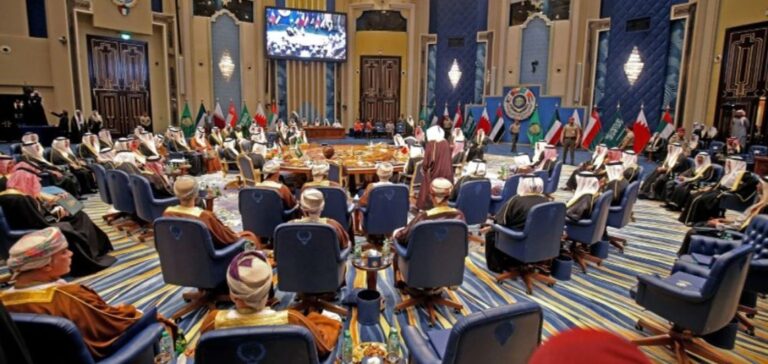Oil industry sources in Seoul and Ulsan say the free trade agreement between South Korea and the Gulf Cooperation Council would enhance the Asian nation’s energy security and help improve the economics of importing sour crude from the Middle East.
FTA Negotiations
Senior officials from key South Korean government ministries visited Riyadh, Saudi Arabia, to resume negotiations on the free trade agreement with representatives of the Gulf Cooperation Council countries.
Discussions focused on issues such as trade rules, opening markets for products and services, improving environmental conditions for trade and intellectual property rights.
Economic benefits for South Korea
According to industry analysts, an FTA with the major Persian Gulf crude producers would give Asia’s fourth-largest economy and the world’s fourth-largest crude importer a critical advantage. The lower costs of industrial energy sources and raw materials would make South Korea’s semiconductors, electronics, high-end oil products and chemicals much more competitive.
The South Korean delegation expects further collaboration in the areas of energy, infrastructure and new industries.
Import costs
South Korea currently imposes a 3% tariff on imported crude oil, which is waived or reduced for volumes from suppliers with FTAs with the Asian nation.
The South Korea-U.S. FTA has allowed refiners to purchase lighter, sweeter grades, which typically command a premium over Middle Eastern sour crude with higher sulfur content, at a lower cost.
Reliability of Middle East crude oil production
South Korean refiners have little interest in sanctioned Russian crude, and while many African crude suppliers were focused more on sales and marketing to European end users, South Korea will inevitably have to rely more on Middle Eastern producers.
South Korea imported 353.5 million barrels of crude from Saudi Arabia in 2022, compared to 290.2 million barrels received in 2021. Kuwait’s crude imports rose 7% in 2022 to 117.6 million barrels, while UAE shipments jumped 49% to 84.8 million barrels last year.





















